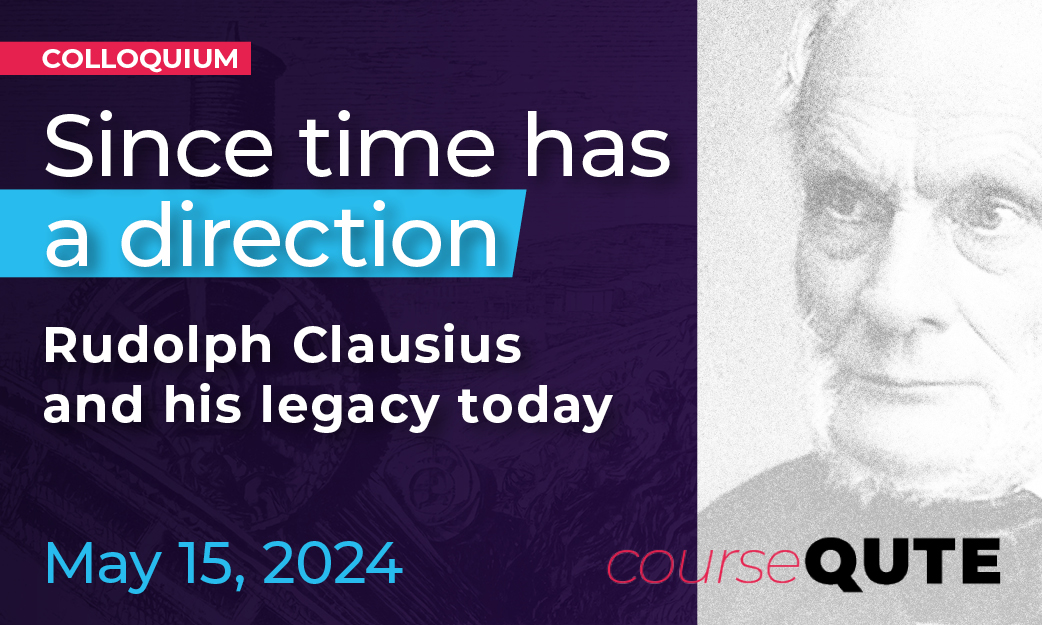|

G R O U P S T R U C T U R E
|
Research Center for Quantum Information
Institute of Physics, Slovak Academy of Sciences
Dúbravská cesta 9, 84511 Bratislava, Slovakia
Tel: (+421 +2) 20910701
|
EXPERIMENTAL PHOTONICS QUANTUM COMMUNICATION GROUP

 Djeylan Aktas
Djeylan Aktas
|


|
SUPERCONDUCTING SPINTRONICS GROUP
Denis Kochan

 ➫
➫
|
QUANTUM SIMULATIONS AND COMPUTING GROUP

 Andrej Gendiar
Andrej Gendiar
|


|
QUANTUM INFORMATION FOUNDATIONS GROUP
Mario Ziman


|
N E W S |Ξ| ALL NEWS |Ξ|
 01.05.2024 Publication
01.05.2024 Publication
Emergent Correlated Phases in Rhombohedral Trilayer Graphene Induced by Proximity Spin-Orbit and Exchange Coupling
The impact of proximity-induced spin-orbit and exchange coupling on the correlated phase diagram of rhombohedral trilayer graphene (RTG) is investigated theoretically. By employing ab initio-fitted effective models of RTG encapsulated by transition metal dichalcogenides (spin-orbit proximity effect) and ferromagnetic
Cr2Ge2Te6 (exchange proximity effect), we incorporate the Coulomb interactions within the random-phase approximation to explore potential correlated phases at different displacement fields and doping. We find a rich spectrum of spin-valley resolved Stoner and intervalley coherence instabilities induced by the spin-orbit proximity effects, such as the emergence of a spin-valley-coherent phase due to the presence of valley-Zeeman coupling. Similarly, proximity exchange removes the phase degeneracies by biasing the spin direction, enabling a magnetocorrelation effect—strong sensitivity of the correlated phases to the relative magnetization orientations (parallel or antiparallel) of the encapsulating ferromagnetic layers.
by
Yaroslav Zhumagulov, Denis Kochan, and Jaroslav Fabian
Phys. Rev. Lett. 132, 186401 (2024)
| +++ |
IMPULZ IM-2021-26 (SUPERSPIN), VEGA 2/0183/21 (DESCOM)
|
 30.04.2024 Colloquium
30.04.2024 Colloquium
Since time has the direction - Rudolph Clausius and his legacy today
It is steam engines that marked the dawn of industrialization, yielding both benefits and headache causing challenges. Beyond their practical applications, steam engines profoundly shaped our understanding of the physical world. Among the key figures in this transformation was Rudolph Clausius, whose groundbreaking work during the mid-19th century significantly influenced our comprehension of energy and entropy. Despite his pivotal and broad contributions, Clausius remains somewhat underappreciated in today’s scientific community. His theories, however, serve as the bedrock connecting the microscopic and macroscopic realms, enabling us to control physical and chemical processes across various fields. Clausius was not only a physicist but also an early transdisciplinary scientist, bridging disciplines from physics to chemistry, information science, and economics. In this discussion, we’ll explore Clausius’s central insights, including his concept of the “motive force of heat” (now known as thermodynamics). We’ll delve into his role within the 19th-century scientific community and draw connections to our contemporary world.
Speaker: Prof. Dieter Meschede (University of Bonn, Germany)
Time: May 15th, 2024, 15:00
Place: Lecture hall B, Faculty of Mathematics, Physics and Informatics, Comenius University, Mlynská dolina, Bratislava
Organized and supported by Slovak National Center for Quantum Technologies QUTE.sk and Humboldt Club SK.
|
 21.04.2024 CourseQute
21.04.2024 CourseQute
The Quantum World – From Experimental Insight to Technology
A tutorial lectures series on experiments introducing the audience into experimentally controlling quantum objects where single and many atoms will play a central role as simple model systems. This field started about 50 years ago when the non-intuitive world of quantum systems, especially the superposition principle, prompted experimenters to use lasers and light matter interaction to realize ever more illustrations of quantum phenomena. Over time those observations have turned into ever better control which today allows quantum engineers to apply simple quantum systems for tasks in quantum technology ranging from quantum sensing to simulation, communication and computing. The lectures will roughly follow this schedule but may be be adapted to the course of discussions:
• 13/05 09:15 - 10:45 What is Quantum? A General Introduction
• 14/05 09:15 - 10:45 Illustrating Key Quantum Phenomena in Experiments
• 15/05 09:15 - 10:45 Single and Few Atoms: Observing Simple Quantum Systems
• 16/05 09:15 - 10:45 Controlling Quantum Systems
• 17/05 09:15 - 10:45 Visions of Quantum Technology
Speaker: Prof. Dieter Meschede
Prof. Dieter Meschede gained his Ph.D. in 1984 in physics from the Ludwig-Maximilians-Universität München, Since 1994, he is Full Professor of Physics at the University of Bonn, Germany and between 2018-2020 he was appointed as President of the German Physical Society (DPG). His research interests include the field of atomic, molecular and quantum physics. The so-called “conveyor belt of light” – it moves and sorts individual atoms with the aid of laser beams and radio frequency precision – is one of the outstanding research results of his research group. With the help of this “conveyor belt”, atoms could be used as an arithmetic unit for a quantum computer. This work has received great recognition with an Advanced ERC Grant (DQSIM).
Lectures are MSc/PhD friendly, but open for all interested (Elementary Quantum Theory course is assumed) and free of charge. Please register HΞRΞ (no registration deadline) to receive all information.
Place:
Auditorium QUTE, Institue of Physics, Bratislava
Organized and supported by Slovak National Center for Quantum Technologies QUTE.sk.
|
|
|
S E M I N A R S
| more |
27/02 11:00
Sk Sazim (Warszawa)
Certification of multi-qubit quantum systems with temporal inequality
19/03 11:00
Riccardo Rivera Cardoso (Bratislava)
Classical simulation via stabilizers and stabilizer decompositions
26/03 11:00
Leevi Leppäjärvi (Bratislava)
tba
|
V I S I T O R S
| history |

19.02-04.03 Sazim Sk (Quantum Information Theory group, Center for Theoretical Physics PAS, Warszawa, Poland)

xx.03-30.11 Nayere Saberian (Department of Physics, Ferdowsi University of Mashhad, Mashhad, Iran), SAIA PhD scholarship program
|
|








|








 01.05.2024 Publication
01.05.2024 Publication
 30.04.2024
30.04.2024  21.04.2024
21.04.2024